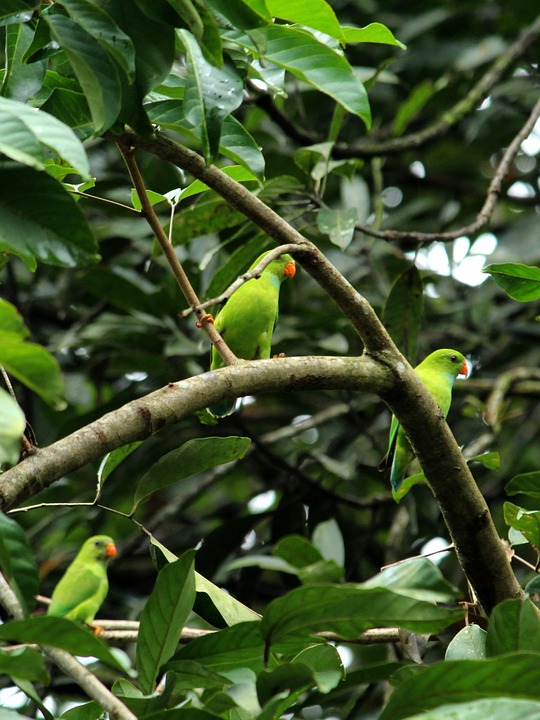Parrots are incredibly intelligent creatures, capable of learning a wide range of behaviors and commands. However, like humans, parrots can become impatient during extended training sessions. This impatience can hinder their progress and make the training process frustrating for both the parrot and the trainer. To ensure successful and enjoyable training sessions, it’s important to understand how to discourage parrots from becoming impatient. In this article, we will explore effective techniques to keep your parrot engaged and motivated during training sessions.
Understanding Parrot Impatience
Before diving into the strategies to discourage impatience, it’s essential to grasp why parrots may become impatient during training sessions. Here are a few common reasons:
1. Short attention spans: Parrots, especially young ones, have limited focus and can quickly lose interest in repetitive or lengthy training exercises.
2. Physical discomfort: Parrots may become restless if they’re uncomfortable due to hunger, thirst, or discomfort caused by their surroundings.
3. Lack of mental stimulation: Parrots require mental stimulation to stay engaged. Without it, they may become bored and impatient.
4. Overwhelming training sessions: Overloading your parrot with too many commands or tasks can be overwhelming, leading to impatience.
By addressing these underlying factors, you can create a conducive environment for your parrot’s training sessions and minimize impatience.
Training Strategies to Discourage Impatience
1. Keep sessions short and frequent: Instead of one long training session, break it down into multiple shorter sessions throughout the day. This way, you’ll maintain your parrot’s interest and prevent boredom.
2. Introduce variety: Incorporate a variety of training exercises, including physical activities, mental puzzles, and command-based tasks. This will provide mental stimulation and prevent monotony.
3. Use positive reinforcement: Reward your parrot with treats, praise, or favorite toys when they successfully complete a task or exhibit desired behavior. Positive reinforcement encourages patience and creates a positive association with training sessions.
4. Maintain a calm environment: Ensure your training area is calm, free from distractions, and comfortable for your parrot. A relaxed environment will aid in keeping your parrot focused and patient.
5. Set realistic goals: Avoid overwhelming your parrot with too many commands or complex tasks. Start with simple commands and gradually increase the difficulty level as your parrot becomes more comfortable and patient.
FAQs about Discouraging Impatience in Parrot Training
Q1: How long should a training session be?
A: Parrot training sessions should typically last between 10 to 15 minutes. However, it’s crucial to adapt the duration based on your parrot’s attention span and energy levels.
Q2: Can I train my parrot in a noisy environment?
A: It’s best to train your parrot in a calm and quiet environment to minimize distractions and help them stay focused. Noisy surroundings may cause frustration and impatience.
Q3: What if my parrot becomes visibly impatient during a session?
A: If your parrot shows signs of impatience, such as squawking, biting, or attempting to fly away, it’s a clear indication that the session has become overwhelming. Stop the training session immediately and try again later with a different approach or shorter duration.
Q4: Are all parrots equally patient during training?
A: Each parrot has its own personality and attention span. Some parrots may naturally be more patient, while others may require additional effort and creativity to maintain their attention.
Q5: Is it normal for parrots to get tired during training sessions?
A: Yes, parrots, like any living creature, can get tired. Recognize the signs of fatigue, such as decreased responsiveness or physical lethargy, and allow your parrot to rest. Overtraining can lead to frustration and impatience.
By implementing these strategies and considering your parrot’s individual needs, you can create a positive training experience that encourages patience, engagement, and successful learning. Remember, patience is a virtue when it comes to parrot training!









